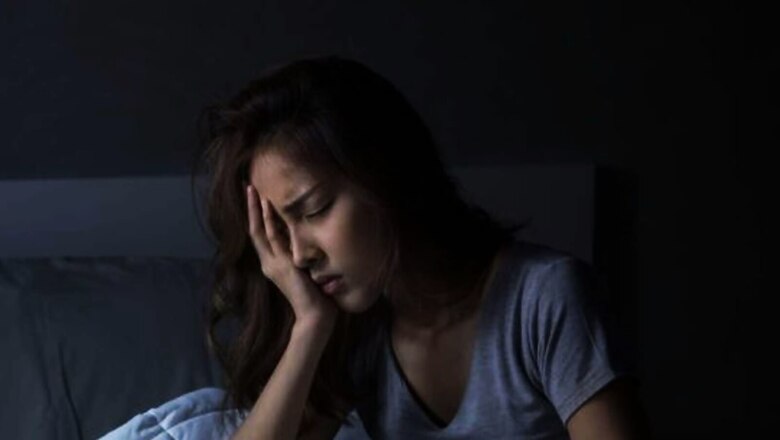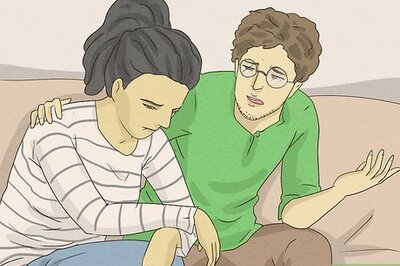
views
Numerous studies reveal that in addition to more well-known symptoms like breathing difficulties and cognitive fog, long-term COVID sufferers commonly have insomnia and other sleep issues.
Breathing is difficult as a result of the cough. experiencing chills or fever-induced perspiration. worrying about possible targets of your three-day sneezes. There are many possible causes of persons with COVID-19 having difficulty falling asleep.
However, numerous studies have found that sleep issues in people with coronavirus infections can continue even after the acute stage of the illness has passed. Numerous study teams from around the world have examined how COVID patients or those who have long-term COVID symptoms sleep and discovered that many of them experienced what are known as “sleep disturbances.” The phrase describes issues with falling asleep, staying asleep through the night, or both.
Insomnia is the most well-known of these problems. People who have it have a difficult time going asleep, get up several times over the night, or wake up early.
Sleep issues both during and following a coronavirus illness
According to studies, people generally experience sleep issues after COVID. A meta-analysis of 250 studies involving more than 493,000 participants from 49 countries and over 493,000 individuals indicated that 52% of COVID-19 patients experience sleep difficulties while the infection is present.
Once more, not surprising, but nonetheless important knowledge for a COVID patient who is up at night, unable to sleep when she needs it most. “You are not alone” is sometimes a consolation, even when it doesn’t help lessen such symptoms, as anyone who has googled their COVID symptoms knows.
But not only people with the disease’s acute stage experience pain. US researchers fitted 710 study participants with wearable health sensors that collected their respiratory and heart rates in an observational study from 2022.
Using these variables, they discovered that the 122 long-COVID patients not only got less sleep time in a night compared to the 588 control group participants who had not had COVID-19, but that their sleep quality was lower too.
In a different study that was written up in the journal eClinicalMedicine, 3,762 people from 56 different countries who had experienced extended COVID between June and November 2020 were polled online. Nearly 80% of participants reported sleep issues, with insomnia being the most common.
It depends on the individual patient whether physiological, psychological, or environmental variables (or a combination of them) are to blame for the poorer sleep quality and lack of sleep.
Why does sleep deprivation matter?
- Not only is a night with less sleep unpleasant, but it also makes it tougher the next day to focus or even just operate as a person. Additionally, during sleep, our bodies repair and boost our immune systems’ capacity to fight off illnesses.
- T-cells are more easily redistributed to the body’s lymph nodes during sleep.
- The white blood cells known as T-cells are essential to the immune response because they release antibodies that destroy viral particles.
- Additionally, while we sleep, important memories are preserved, new information is processed, and excess information is eliminated.
- After studying, for instance, getting some sleep might help information become a memory that is kept in our brains.
The independent Sleep Foundation, which is headed by US experts and clinicians, also claims that sleep primes our brains for acquiring new knowledge the following day.
Read all the Latest Lifestyle News here




















Comments
0 comment